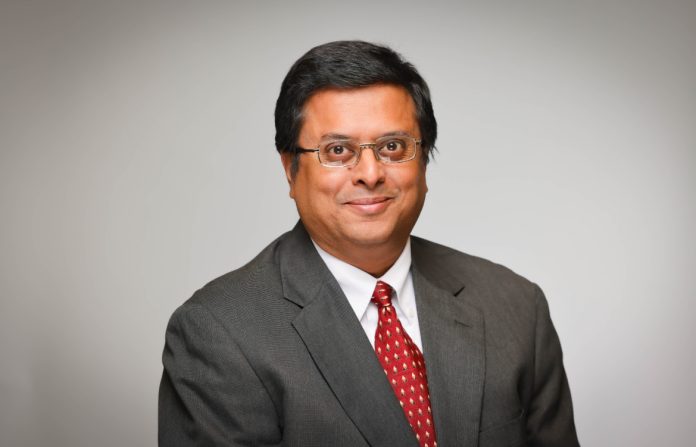WEST PLAINS, Mo. – Global sustainability and the role that science and technology policy plays in it will be the topic of discussion April 15 at Missouri State University-West Plains (MSU-WP).
The presentation will begin at 3 p.m. in Melton Hall Room 115 on the MSU-WP campus. It is free and open to all, organizers said.
Dr. Rajiv Thakur, professor of geography in MSU-WP’s Department of Natural Sciences, will share valuable insights he developed while serving as an American Association for the Advancement of Science (AAAS) Science and Technology Policy Fellow at USAID from 2022-2023 and the U.S. Department of State from 2023-2024.
About the presentation
In his presentation “Science and Technology Policy for Sustainability: Our Planet Our Future,” Thakur examines the interrelationship between the health of our planet and the global commons, addressing the roles of inequality and technology. He will stress the urgency of recognizing the scale and interconnectedness of our relationship with Earth, organizers said.
Central to planetary stewardship is building social capital – fostering trust both within and between societies. Drawing from is sabbatical in Washington, D.C., Thakur will share his experiences navigating the federal policy landscape and highlight the importance of policy, innovation, education, information technology, finance, business and scientific collaboration in preventing irreversible change.
“Our world faces urgent challenges, including climate change, biodiversity loss, rising inequality, and rapid societal transformation driven by emerging technologies,” Thakur said. “The COVID-19 pandemic underscored that global crises can only be addressed through global cooperation, as these issues are deeply interconnected.
“In the United States, decisions that benefit humanity have long been grounded in scientific evidence, facilitating solutions to complex challenges by mobilizing expertise and knowledge across disciplines, guided by core values such as objectivity, rigor, integrity, inclusivity and truth,” he added.
“Global sustainability offers the only viable path to ensure human safety, equity, health and progress,” he continued. “Long-term, science-based decision-making often faces challenges in competing with immediate needs, yet politicians and scientists must collaborate to bridge the gap between expert evidence, short-term politics and the survival of life on Earth in the Anthropocene epoch.
“The future of humanity hinges on our ability to prioritize the long-term resilience of societies and Earth’s biosphere,” Thakur said. “Science is a global common good that seeks truth, knowledge and innovation to improve life for all.”
More about Thakur’s research
Thakur’s doctoral research at Indiana State University, titled “Science and Technology Indicators in EPSCoR States: A Policy Geography,” was funded by the National Science Foundation’s Robert Noyce Program. His dissertation explored the role of strategic science and technology planning in lagging EPSCoR (Established Program to Stimulate Competitive Research) states in the U.S., offering a unique intersection between geography and public policy.
More recently, he co-edited a research monograph titled “Resource Management, Sustainable Development, and Governance” for Springer Nature. He has published and presented on applied economic development and is currently exploring new research at the intersection of economics and environmental sustainability. His policy interests include economic policy, environmental and climate science, and international development.
For more information about the presentation, contact Thakur at RajivThakur@MissouriState.edu.





